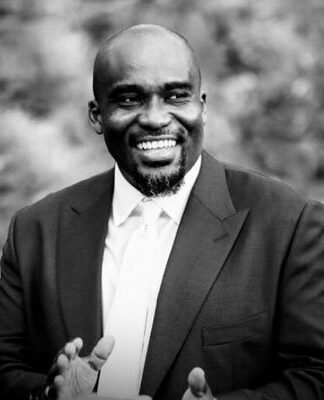By David Himbara
We have a strange case in Rwanda — powerful dictators in every sense of the word. Yet these rulers did not and do not have power — electricity. I call this is a bizarre case of being powerful without power. Welcome to Rwanda’s military rulers, Generals Juvenal Habyarimana and Paul Kagame who won elections by 99 percent. They run Rwanda through a powerful iron-fisted one-party state. Yet, these Rwandan rulers seem allergic to electricity. This is most puzzling. As any reasonable person knows, access to electricity is at the heart of social and economic transformation. Lack of access to electricity is a fundamental barrier to development — health, education, food security, and wealth-creation are all dependent on energy.
The puzzle of Rwandan generals and electricity
Where Rwanda got independence in 1962, the country had only one power plant, namely, Ntaruka power station, built by the Belgians in 1959, producing 11.5 Megawatts. Rwanda also imported electricity from Ruzizi hydropower in Congo. The next power plant to be built in Rwanda was Mukungwa station, built by Habyarimana in 1982, producing 12 Megawatts. In other words, it took 23 years after independence to build a new power plant in Rwanda. Ntaruka and Mukungwa produced a total of 23.5 Megawatts. According to the World Bank, only 2.3 percent of the Rwandan population of 6 million had access to electricity access in 1992. The average electricity access in Sub-Saharan Africa was 18.4 percent in 1992. Rwanda was literally in the darkness.
Enter Kagame now in power for 23 years. In 2016, electricity access in Rwanda was 29.4 percent versus the Sub-Saharan access rate of 42.8 percent — again according to the World Bank data. Here we see something interesting. During Habyarimana’s period, the Rwandan electricity access rate was 16.1 percent lower than the Sub-Saharan African average. Under Kagame, Rwanda’s electricity access rate in 2016 was 13.4 percent lower than the Sub-Saharan average. In other words, nothing much has changed in Rwanda. Today, over 92 percent Rwandans still cook their meals solid biomass as their great-grandparents did in the 1890s — destroying the forests and the environment.
Kagame makes a lot of noise, of course. We were told that by 2018, at least 70 percent of Rwandans would have access to electricity from a total installed power of 563 Megawatts. Nothing came of this. For years, we were bombarded with the noise of how methane gas would transform Rwanda. And then came peat. The latter was the most disastrous. The Kagame regime began constructing the US$47 million Gishoma peat power plant in 2013. The plant was to be completed in 2014. But it instead took an astonishing 4 years to complete. When the plant was finally launched in 2017, it could not produce 15 Megawatts as planned— it only managed to supply 5 Megawatts. And then the whole thing crashed.
How do we explain the phenomenon of powerful generals without power?
I am at a loss here. Someone help us explain this…How do men who love power and consider themselves ”kinani” or the invincible hate real power — electricity?































































